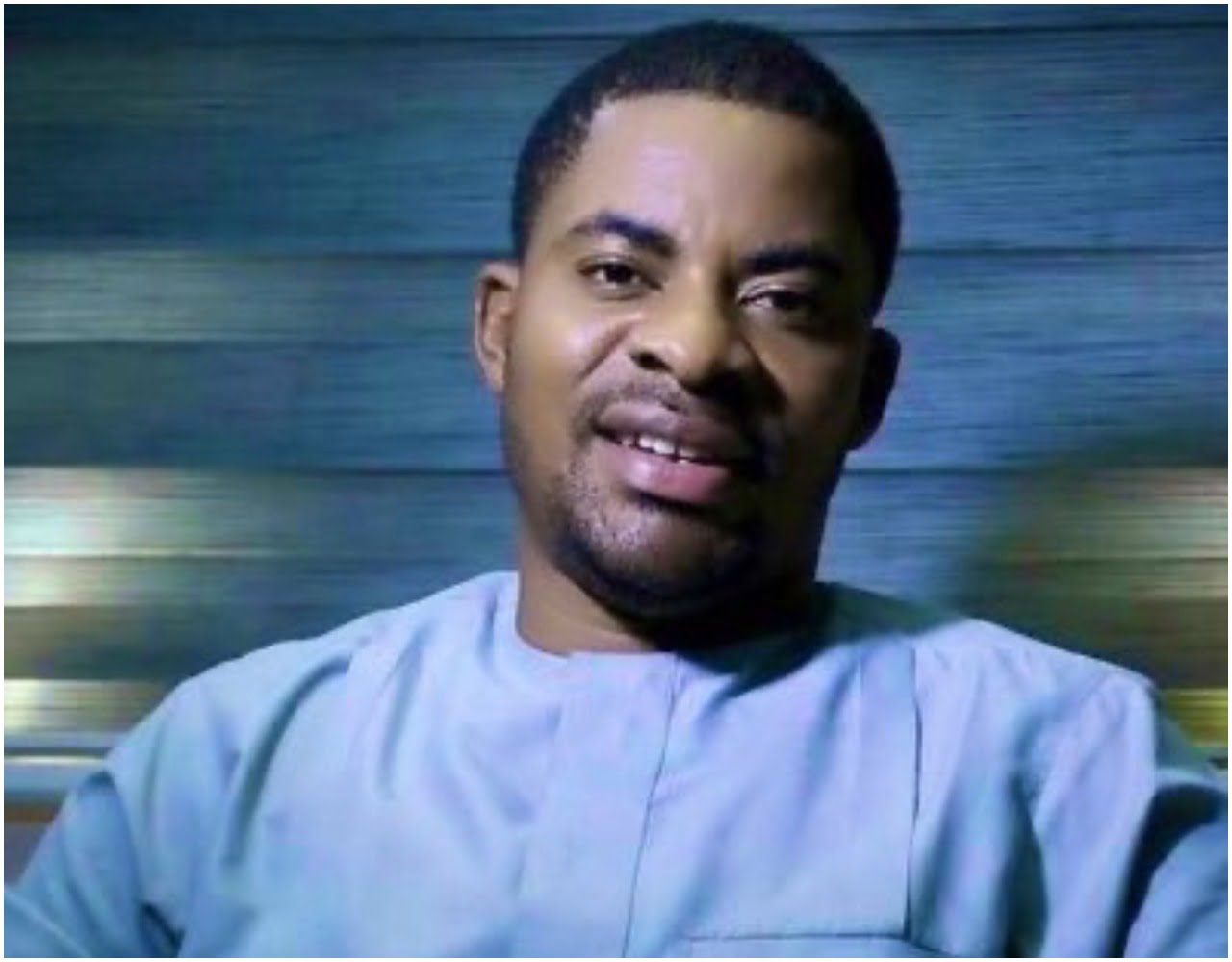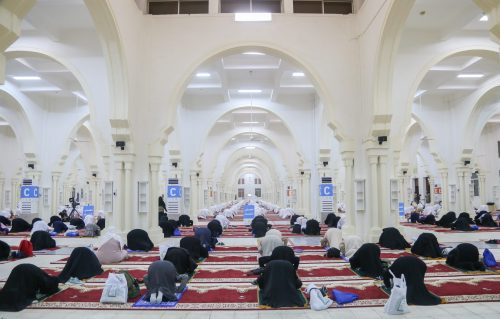 Critics of President Goodluck Jonathan and the National Council of State over the pardon granted former Bayelsa State Governor, Chief Diepreye Alamieyeseigha, are standing on a rickety tripod for their vituperations: one leg says it is immoral for the President to officially forgive a man that had been found guilty of corruptly enriching himself with state funds and jailed after being removed from office. The other leg insists that our President displayed crass insensitivity to the mood of a nation that has accepted corruption as its archenemy. Thirdly, are those who see the pardon as part of a grand plan to return the President to power in 2015 and make way for a Senate landing for Alamieyeseigha.
Critics of President Goodluck Jonathan and the National Council of State over the pardon granted former Bayelsa State Governor, Chief Diepreye Alamieyeseigha, are standing on a rickety tripod for their vituperations: one leg says it is immoral for the President to officially forgive a man that had been found guilty of corruptly enriching himself with state funds and jailed after being removed from office. The other leg insists that our President displayed crass insensitivity to the mood of a nation that has accepted corruption as its archenemy. Thirdly, are those who see the pardon as part of a grand plan to return the President to power in 2015 and make way for a Senate landing for Alamieyeseigha.
Without doubt, the naysayers of the action agree that Mr President did not contravene the provision of the Constitution he swore to protect but aver that in observing and exercising his powers, he “must at all times be (on) the side of natural justice, equity and good conscience.”
The moral school critics therefore argue that the issue is beyond a constitutional matter. It is chiefly a moral affair. Even at that, we still cannot fault what the President and the NCS did as it is morally wrong to refuse clemency to a remorseful person after years of his transgression. The Holy Writ, which the moralists subscribe to, does not permit that you hang a judgment of everlasting guilt on somebody that has been punished and who has atoned for his errant deed.
If the President and the respected National Council of State, in their wisdom, are clear in their mind and decision that truly the former governor has since his prison term been rehabilitated to the point that he has been helping to stabilize the hitherto troubled Niger Delta region, it would be mischievous to question them and continue to see Alamieyeseigha in his old garb. Of course, this is not to suggest that crime pays or should not be punished. But only cynical citizens would read evil in the President’s move.
The second leg of the tripod of the critics is also wobbly in the face of the argument that corruption, in the wider sense, is only symptomatic of some more malignant malaise. We cannot therefore charge Mr. President with ‘crass grasp’ of the issue of corruption in granting pardon to a man that had been convicted of graft.
His critics also say the timing of his action is wrong. Pray, is a good deed a perishable commodity? Of course not!
Some of the critics have suggested that President Jonathan should have pardoned the ex-governor at the tail end of his presidency as U.S. presidents do. But why wait for that long to perform a patriotic service? Why deny the nation what is profitable to it now?
The third leg the pardon opponents are standing on is the most fragile and laughable: the link of Alamieyeseigha’s pardon to the fortunes of Jonathan for re-election in 2015 (if he chooses to seek nomination). The President, as we all know, needs the votes of the majority of Nigerians and not the endorsement or vote of one man. You may talk of the influence a prominent person exerts on politics. But in the long run it is the ballot that determines the candidate’s fate. So it would amount to electoral recklessness to sink your hope in one person during a poll.
One can similarly dismiss as irrational the view that the pardon was granted to prepare the ex-governor for a Senate seat in 2015. It is also preposterous to assume he did it so Alamieyeseigha can get a vice-presidential take if the President is not considered as the Peoples Democratic Party (PDP) candidate in 2015. What riotous imagination! Right thinking people would condemn this position the same way Nigerians should rise against the interference of the United States of America in the pardon affair. They have no right to meddle in Nigeria’s internal affairs.
Also condemnable is the call for the impeachment of the President over the matter when the fact remains that due process was followed in granting the pardon to Alamieyeseigha and the seven others.
What I see from what is going on and from my study of constitutional pardons in Nigeria and elsewhere is that it is always mired in controversy. Pardons, whether for criminal or political offence, are in order as long as they follow the law of the land. Alamieyeseigha’s offence was not different from that of Marc Rich and Roger Clinton, who were pardoned by former U.S. President Bill Clinton. Of course, it triggered a nationwide wrangle as did former President Shehu Shagari’s pardon for the late Biafran warlord, Chief Odumegwu Ojukwu, in the Second Republic. We witnessed the same strife over the clemency given former President Olusegun Obasanjo by the Abdulsalami Abubakar military regime.
In each of these cases, the pardoned citizens always returned to offer notable service to their fatherland either at home or abroad. Currently, ‘disgraced’ former Governor Marc Sanford of South Carolina in the United States is seeking public office again as he contests for a congressional seat. He fell over a misdemeanor in 2009. But he has been fully restored, with some members of his constituency eager to have him back.
Let critics of the action not create the impression that they are giving the President a bad name in order to hang him. Clearly, that is the way it appears.
- Alabrah is Head of Media and Communications, Presidential Amnesty Office, Abuja.



